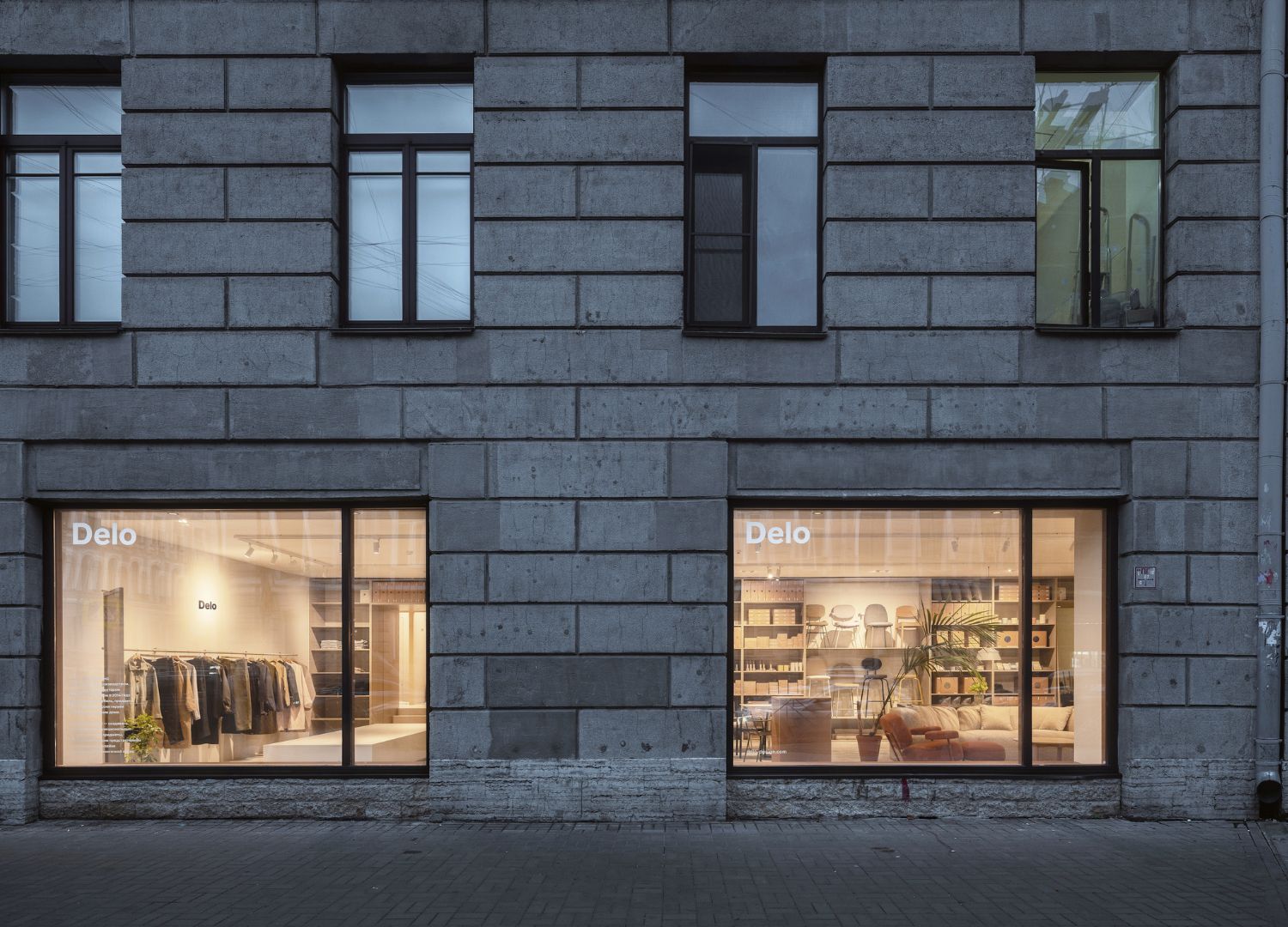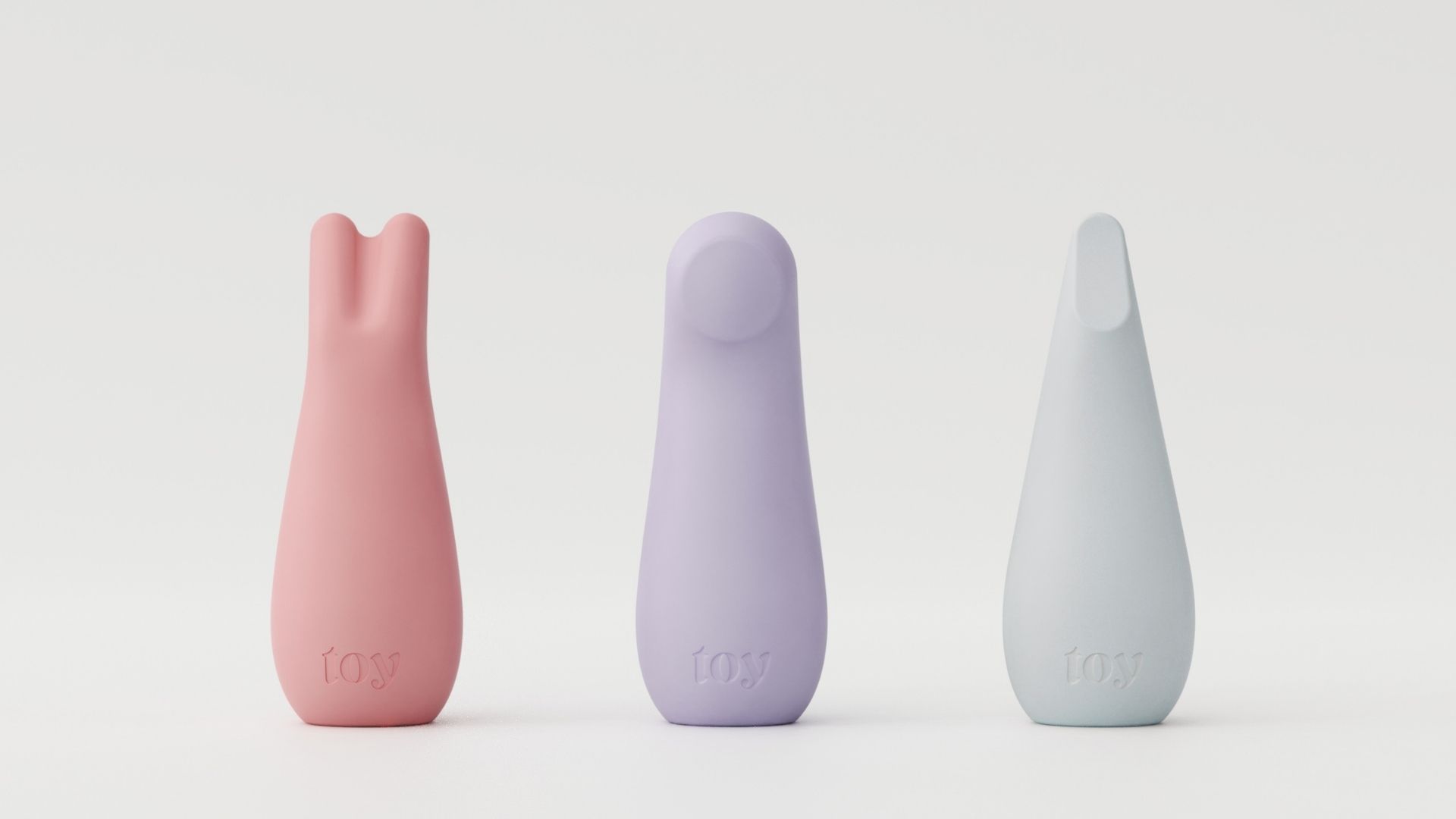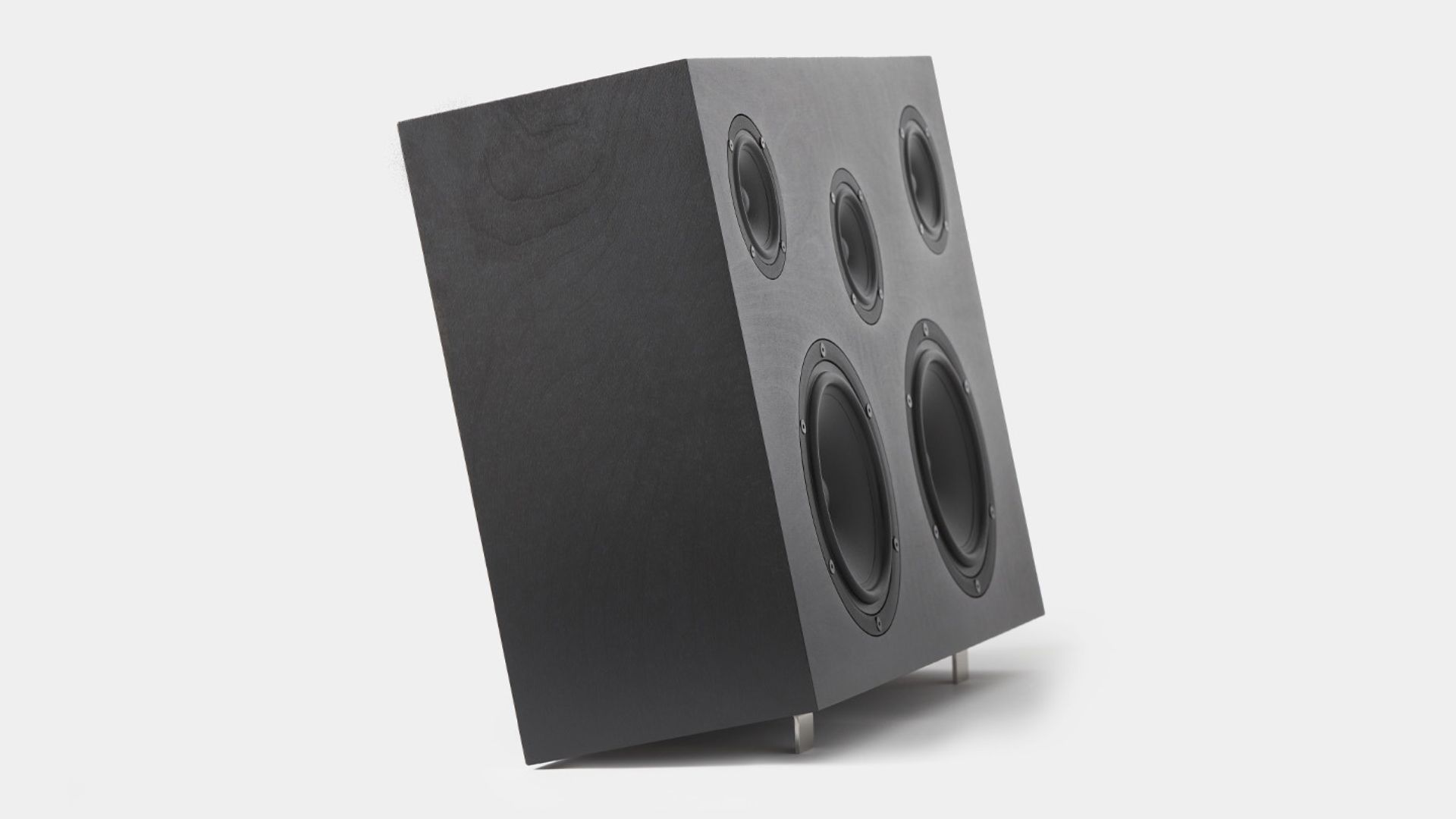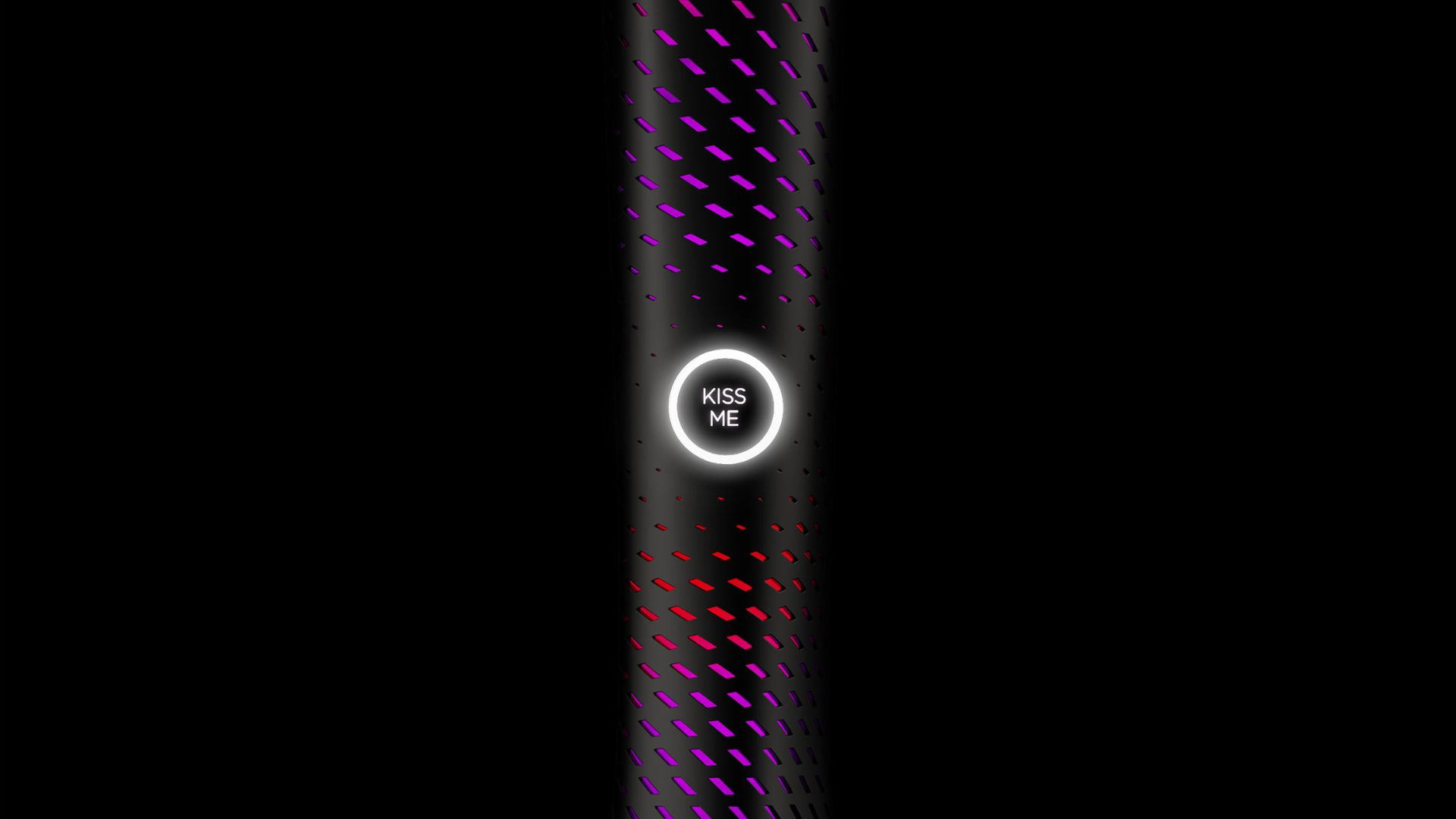“Don’t do anything just for aesthetics” – Delo’s approach to design
More than a unique design company, Delo takes the opportunity to support the community using its creative platform
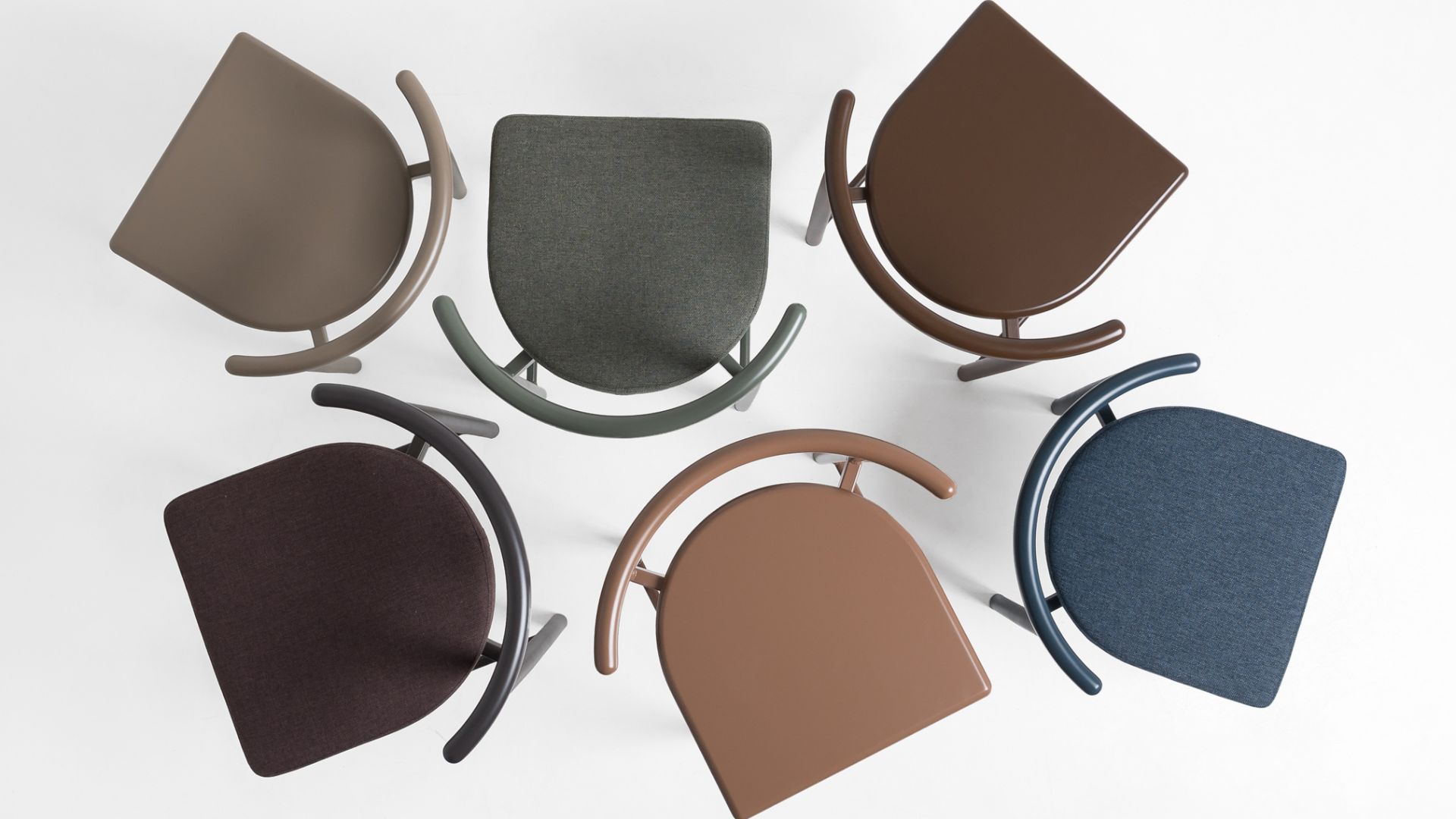
As a unique brand that implements a cultural role in every aspect, Delo’s holistic design approach creates high quality and sustainable objects and to form a distinctive environment.
From modular houses in different scales to aesthetic timeless furniture of quality materials and unique household items as well as clothing, Delo is a brand that does more than just design.
With a distinctive approach to the possibilities that a showroom has, Delo’s physical space does not only work as an office and a store, but it has become a platform for creative meetups where local designers and the architectural community are welcome to the multifunctional space that works as a café, a bar, a co-working and event space.
Delo’s exploration of craftsmanship, technology and exploration on local production, creates one-of-a-kind designs that make the brand one to watch.

1. Who is Arseniy Brodach? How did the journey for Delo begin?
Arseniy Brodach:
“Originally, I’m an architect who graduated from Saint Petersburg State University of Architecture and Civil Engineering in 2012.
The following year I founded my own studio and was mainly involved in public interiors.
The work on these projects revealed the lack of mass-produced local furniture which satisfied both design and cost.
So, in 2014, I extended the studio with a small workshop and started producing the first steel and wood chairs for my projects and for other clients – and that’s how Delo studio was established.”

2. Why Delo, what lead the brand to design with a holistic approach that ranges from furniture, accessories, and houses?
Arseniy Brodach:
“Delo is a very basic word, which means “work”, “craft”, “action”, “deal”. It is something positive, confident, and complete.
The studio’s approach follows my holistic vision of design, combining technology and production, architecture and interior design.
This method is applied to projects of any scale – Delo houses, chairs, or cups are designed rationally and functionally, sharing the same constructive and aesthetic principles. These are essential for the brand and all Delo products.
Our aim is to create high quality and sustainable objects and to form a distinctive environment, including houses, furniture, household items, and clothing.
We also build a stable economy and form a production ecosystem, involving small workshops and manufacturers in the process.”

3. Having done some iconic collaborations like the one with Eburet Studio (99Recycle) for Restool and the Home Project with other St. Petersburg designers, how do these collaborations come to life and how do you choose the type of project to work on?
Arseniy Brodach:
“We collaborate with recognizable brands that have original production resources. For example, Eburet Studio is known for 3D printing from recycled plastic.
Thanks to our colleagues, we have studied this technology and designed our Rechair – a useful, stylish, and cost-effective seating.
Collaborating with Solid Water, we came up with a set of sandblasted glasses, while our work with Walezhnik resulted in jute and linen carpets.
The collection combines contemporary textile design with traditional craftsmanship. One of our historical collaborations was the Home Project, which brought together local designers in DublDom modular house.
The idea was to create an interior filled with local products only and to offer a certain way of inhabiting this space.”

4. Delo’s showroom combines being an architectural studio, furniture store, cafe, and it also gives a platform for educational events and supports local industrial designers and the architectural community. What are some of the opportunities generated by having a multifunctional space for the community?
Arseniy Brodach:
“Even though our showroom has moved to a new location in Saint Petersburg, it still functions as a public space.
It allows us to meet people who visit us for different purposes. Many of them become our friends, partners, or customers.
This social function also helps to promote Delo and design itself, as the industry of product design is not really developed in Russia.
Looking back, I’m proud to say that our previous showroom was one of the first to display something new, creative, and made by local young enthusiasts.
It worked as an office, a store, a cafe and a bar, a co-working, and an event space: we held lectures, presentations, discussions, and once even a live rock concert. Additionally, we used it as a photo studio – our products were photographed there mainly.”

5. The evolution of Delo as a brand involves participating in activities developed locally to bring together the design community, collaborations with local brands and charity programs. Can you tell us more about the growth of the brand in this aspect and what have been some of the benefits of connecting with creatives?
Arseniy Brodach:
“I do believe that a true brand should implement a cultural role. In this way, I feel that our mission is to support the design community by organizing events and collaborations, promoting the very idea of design, involving different people, and educating them.
With our practice, we want to set an example of a company based on creativity, hard work, and honor.
I also think that a strong brand should be open and connected to society.
We make a social contribution by collaborating with Prostye Veshchi inclusive workshops that create an open space for adults with special needs, where they create various products under the horizontal supervision of artisans and volunteers.
They produce simple, yet high quality items – cutting boards from ash wood that are available in our showroom.
Our guests can buy a functional item and at the same time support the Prostie Veshchi fund, as we transfer the money raised from the cutting boards directly to the project.”
6. Delo products are aesthetic, functional, and minimalistic. Which are the main values, core concepts or style inclinations that, above all, will always represent the studio and yourself?
Arseniy Brodach:
“All our products are designed in a rational, manufacturable, and functional way. We dig into technologies and materials that we work with, consider the costs and the strategies of production.
We carefully pick the most reasonable options and don’t do anything just for aesthetics.
Our final goal is to design a useful and expressive item by using less materials and manufacturing operations.”

7. We noticed that there was a redesign on the AM ceramic mug handle, some custom-made products for the Numero Zero Restaurant and an experimental chair or recycled plastic called “ReChair”. Can you tell us more about the range of products that Delo has, and which one is your favorite one to design?
Arseniy Brodach:
“While developing new designs, we also enhance the existing ones by searching for better silhouettes, technologies, finishes, and seals.
So we change some elements like mug handles or chair’s backrests. In the past years, we released a wide range of products – furniture, household items, clothing, and even wooden frame houses.
Some of these are more profitable, and some are really hard to produce, but all of them form the core of Delo and broadcast our vision of design to the same extent.”

8. A couple of years back Delo’s range of products expanded to the ones of frame prefabricated houses. In total now there are five different sizes. Can you tell us more about these houses, their perks and how has it been to see them built in real life?
Arseniy Brodach:
“As an architect I’ve never lost my professional ambitions – I just had to put them aside, while managing Delo manufacture and designing new products.
Once we strengthened the company and developed enough items to equip the entire house, we decided to return to architecture.
From 2021, we work on wooden frame houses and treat them as products – we study the materials and technologies to choose those we consider reasonable due to their costs and quality.
The first house we constructed was The Cabin of 11m². We gained the necessary experience and moved on to Delo House 3 of 87m².
The house is built on site and has a simple, easy to assemble, reliable construction. The materials used in the project are high quality and eco-friendly.

The houses are designed according to their standard dimensions, optimizing the amount of construction waste and the cost of the houses.
Delo House 3 is fully equipped with our household items and furniture, while some models are made custom. In the past year, we developed a version of Delo House 3 with a separate kitchen block and Delo House 4 of a bigger area.
All in all, our architectural series includes 3 houses of different configurations.
Our approach to architecture saves time for the client and allows us to move forward very quickly, as we are in charge of the entire process.”
9. Delo’s “Dining Room” installation was one to see at Alcova Platform during Milan Design Week 2022. What should we expect to see next from Delo?
Arseniy Brodach:
“Participation in Milan Design Week 2022 was our first exhibition experience outside Russia. We prepared the “Dining Room” installation that was shown at the former military psychiatric hospital at Alcova.
It featured a dining set with a Stolster table surrounded by eight signature chairs and turned the space of isolation into an open room for a common experience.

Many people were surprised to see a Russian company in Milan during this turbulent time, though everyone reacted positively.
We quickly ran out of leaflets and received several offers from European retailers and furniture manufacturers.
In the future we plan to promote Delo globally by exhibiting at further professional shows, participating in design awards, and setting up additional manufacturers outside Russia.

As for the updates, we’ve just released our own clothing collection of T-shirts, trousers, shirts, pyjamas, coats, and other basics.
Delo range will be complemented with kitchen furniture, new household items and other objects that match our vision of holistic design.”






